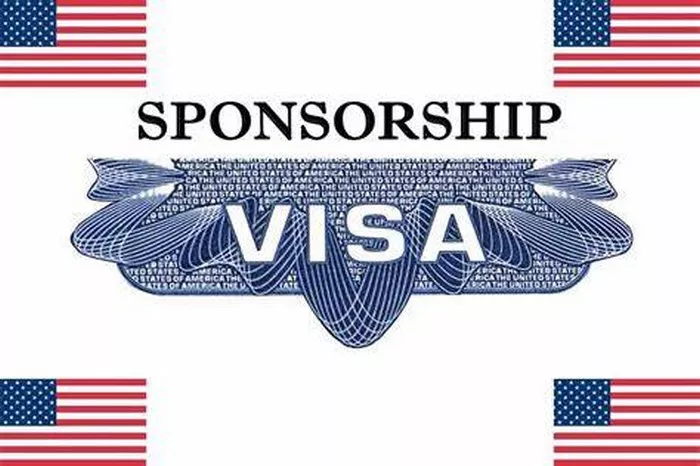New USCIS Rule Increases Visa Sponsorship Fees for Employers in 2024
Effective April 1, 2024, employers in the United States will face higher filing fees for numerous employment-based visas, as announced in a final rule recently published by the US Citizenship and Immigration Services (USCIS). This marks the first fee adjustment by the agency since 2016.
Typically, US employers bear the responsibility of covering visa filing fees for sponsoring foreign-born workers, although there are exceptions. For instance, employers are required to pay filing fees when applying for H-1B visas, commonly granted to college-educated individuals in specialized fields. Similarly, filing fees are obligatory for L-1 visas, facilitating temporary transfers of employees to the US for special projects within their company.
According to the new USCIS rule, the cost of petitioning for various visas, including H-1B and L-1 visas, will increase this spring. The agency underscored in a statement accompanying the new fee schedule that USCIS primarily relies on filing fees for its funding, receiving approximately 96% of its revenue from this source and only 4% from Congress.
The USCIS outlined several notable fee adjustments in its recent announcement:
Filing fees for H-1B visas will surge by 70%, from $460 to $780.
L-1 visa filing fees will experience a substantial 201% increase, rising from $460 to $1,385.
Additionally, filing fees for E, TN, H-3, P, Q, and R visas, encompassing various categories of foreign workers, will elevate by 121%, climbing from $460 to $1,015.
Moreover, under the new rule, employers filing forms I-129 or I-140 to sponsor foreign workers will be subject to a new $600 “Asylum Program Fee,” aimed at covering certain costs associated with asylum processing.
Exceptions to these fee adjustments have been established for small employers with 25 or fewer employees, as well as nonprofit organizations. Such entities may encounter either smaller fee increases or no changes in the cost of filing petitions. Notably, small employers are subject to a reduced asylum program fee of $300, while nonprofits are exempt from this fee entirely.
The escalation in visa sponsorship fees comes against the backdrop of a growing presence of foreign-born workers in the US labor force, outpacing the growth rate of native-born workers in 2022. Industries, particularly in the technology sector, heavily rely on specific visa programs to access talent pools. Notably, tech giants such as Infosys, Google, and Meta emerged as leading petitioners for H-1B visas in 2022, according to an analysis by the Economic Policy Institute.
Attorneys from law firm Seyfarth highlighted the importance for employers sponsoring foreign-born workers to assess the financial implications of the new fee schedule. In a blog post dated February 1, they advised organizations to consider expediting case submissions before April 1 to capitalize on the existing fee structure and form editions.


